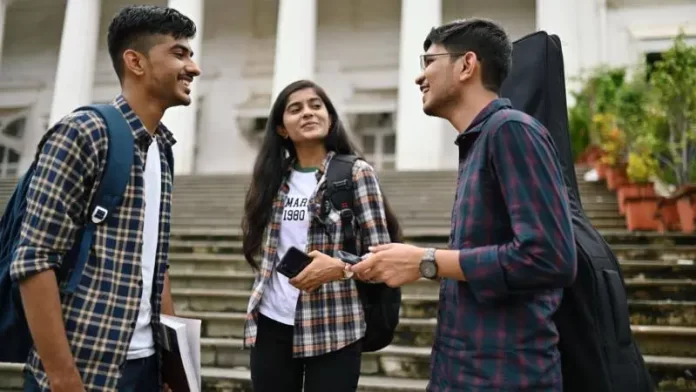– Yusra Firdaus
The Civil Services exams in India are known for being extremely challenging and are responsible for recruiting officers to govern the country. Despite the recent increase in the number of Muslim candidates who have been selected, their representation in the government service remains proportionately low.
This year, out of the 1016 candidates chosen, only 51 were Muslims. While this is an improvement from last year’s 29 out of 933, it still falls short considering that the Muslim population in India exceeds 14%. The trend of low Muslim representation has been consistent in previous years as well, with 25 out of 685 in 2021 and 31 out of 761 in 2020.
Warda Khan, a commerce graduate from Delhi University, achieved the 18th rank among the successful candidates. Her story showcases the hard work and personal sacrifices necessary to succeed in these exams, highlighting the appeal of civil services despite its challenging nature. The low number of Muslims in civil services is not due to discrimination or a shortage of qualified individuals. Instead, it is a result of various factors such as lack of awareness about the exams and economic disparities. Community leaders and coaching centers are working to address this issue by organizing awareness programs and providing specialized support to underpreviliged candidates.
Institutions such as Jamia Millia Islamia and Aligarh Muslim University have set up coaching centers to help individuals from marginalized communities who aspire to join civil services. This has led to positive outcomes, with 31 candidates from underprivileged backgrounds, including Muslims, achieving success this year. To increase the representation of Muslims in civil services, more focused actions are required to offer detailed guidance, build the confidence of candidates, and tackle barriers related to social and economic factors.
Programs that aim to enhance educational access and financial independence within the Muslim community will also play a crucial role in driving long-lasting development. The rise in Muslim representation in civil services exams is a positive development, but it highlights the importance of targeted interventions to overcome existing obstacles. By continuing to focus on inclusive policies, India can work towards a more diverse and inclusive administrative system.




